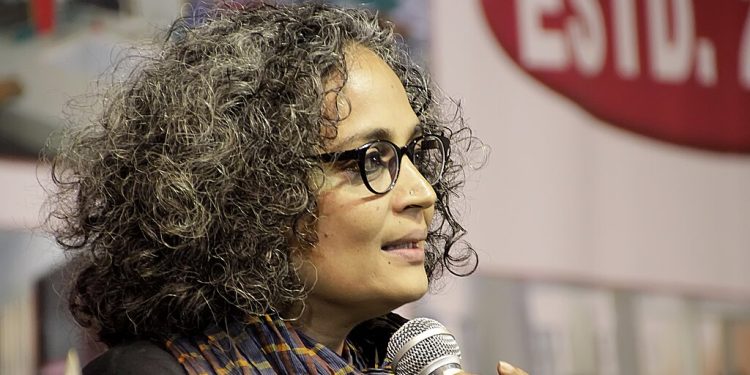Booker Prize-winning author and activist Arundhati Roy has been honored as one of the Financial Times’ Most Influential Women of 2024, a recognition of her bold literary voice and unwavering commitment to addressing social and political issues. Roy, celebrated for her debut novel The God of Small Things and subsequent non-fiction works, is the only Indian included in this prestigious list, which profiles women who have significantly shaped global discourse.
In her profile, Roy is praised for her fearless critique of power dynamics and her ability to connect personal narratives to broader societal struggles. Her inclusion also comes amidst ongoing threats to her freedom of expression in India, highlighting the risks many intellectuals face for their outspoken stances.
Diverse Voices on the List
The FT list also features prominent figures from various fields, underscoring the diversity of influence wielded by women today. Among them is U.S. Vice President Kamala Harris, who, despite losing her 2024 presidential bid, was lauded for reshaping political debate and inspiring new generations of leaders. Her inclusion symbolizes perseverance and the broader impact of women in American politics.
Music icon Taylor Swift, a global phenomenon in 2024 with her record-breaking Eras Tour, was recognized for her cultural and economic impact. The tour reportedly generated over $2 billion, cementing her position as a transformative figure in the entertainment industry.
Palestinian journalist Bisan Owda was also featured for her courageous reporting on the humanitarian crisis in Gaza. Through her documentary It’s Bisan From Gaza and I’m Still Alive, Owda vividly documented the devastating effects of conflict, reaching audiences worldwide. Her work, which has earned her accolades like the News Emmy and the Peabody Award, exemplifies the power of storytelling in the face of adversity.
A Global Celebration of Women
This year’s list captures the multifaceted nature of influence, from Roy’s literary activism to Harris’s political leadership and Swift’s cultural clout. By highlighting voices like Owda’s, it also sheds light on the enduring resilience of women in regions marked by strife. Together, these honorees challenge conventions and inspire action, embodying the spirit of transformative leadership.
For more details, visit the Financial Times’ official feature on Women of 2024.











